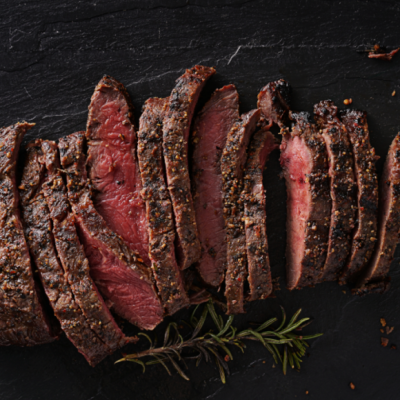The discovery of a 5,000-year-old mummy in the Ötztal Alps has provided scientists with a wealth of information about the past. The mummy, known as Ötzi, has been analyzed to reveal that people living in the high alpine regions during the Copper Age had a diet high in fat to meet the energy demands of the area. The analysis of Ötzi’s stomach contents also revealed the presence of toxic plants that may have been used for medicinal purposes.
Ötzi was discovered by hikers in 1991 and has since been studied extensively by scientists. The preserved contents of his stomach have provided valuable insights into the diet of people living in the region during the Copper Age. According to the Institute for Mummies and the Iceman in Bolzano, typical foods during this time included plants, mosses, and meat. However, a recent analysis of Ötzi’s stomach contents by scientists led by Frank Maixner has revealed that his diet was particularly high in fat, with around half of his stomach contents consisting of fat tissue, likely from wild game such as ibex.
The high altitude and cold temperatures of the alpine region meant that an optimal nutrient supply was crucial to avoid dangerous energy losses. The presence of toxic plants in Ötzi’s stomach suggests that they may have been used for medicinal purposes, as parasites were also found in his body. The discovery of Ötzi has provided scientists with a unique opportunity to learn about the past and how people adapted to their environment.
In conclusion, the analysis of Ötzi’s stomach contents has revealed important information about the diet and medicinal practices of people living in the high alpine regions during the Copper Age. The discovery of toxic plants and parasites in his body suggests that people during this time had a good understanding of the medicinal properties of plants. The study of Ötzi continues to provide valuable insights into the past and how people adapted to their environment.










